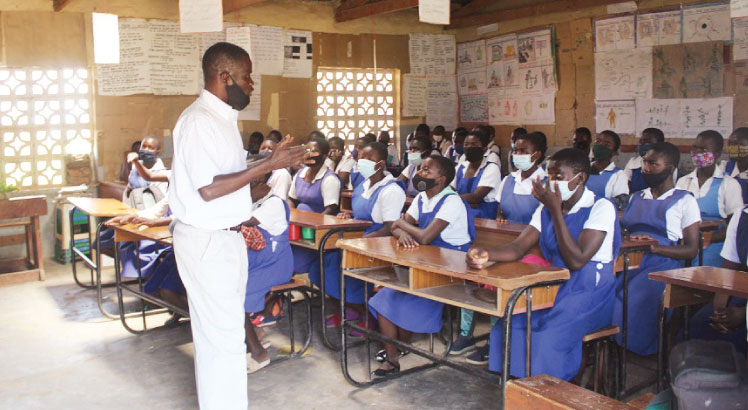Ed’s Note: Patient confidentiality vital
It is usually on good days that we sit and laugh about issues; in particular the heart wrenching ones life has a way of throwing in our paths. Whether we like it or not, we have no control over what should happen to us or our loved ones each day. Every day brings its fair share of abuse, amuse, laughter, tears, sadness, joy and anything one can think of. No matter how hard it gets, there is always that light moment to dilute life’s concentrates.
Eavesdropping a conversation the other day, I heard two men discuss their experiences at one of the referral hospitals in the country. Although nasty, this day was meant to empty their chests. One begun by telling the other how he fell sick and in his invalidity, ended up on a wrong queue, supposedly to await his turn for treatment. As he sat on the bench, moaning and probably trying to impress nurses on how really sick he was for a possible preferential treatment, a loud voice briefly disrupted his misery as he tried to make sense of the situation. Suddenly, the pangs of his headache left his temples at the squeaky voice of one nurse shouting: “azizonono, chindoko, mabomu nonse bwerani uku” [those with gonorrhea, syphilis queue this way]. Now, here comes the best part. The authoritative voice happened to be one of his neighbours, which meant an unprecented revelation of an otherwise ‘secretive’ illness. Luckily, his ‘sins’ were less ‘humiliating’ and he was shoved elsewhere appropriate to his sufferings.
The whole time, his friend listened more with amusement than sympathy. Evidently, he too had a tale to tell about a similar experience and could not wait to spit it out. Although he remained unclear as to whether he stood on the right queue or strayed, he vividly recalls another nurse shouting on top of her voice: “onse okumwa mankhlwala, taimani apa” in reference to those on antiretroviral (ARVs) to also tow a particular line. Yet still, others have seen and heard nurses or health personnel shouting: “nonse a khansa, apakati, angozi” [those with cancer, expectant, accident casualties] to either queue or follow particular people to be attended.
Whatever happened to patient confidentiality and courtesy in dealing with people, in particular those already overburdened with diseases, be it terminal of otherwise, I will never know. Should mankind really reduce its species to the devastation of illnesses by being called by the very names they long to be rid of? Must helplessness be at the mercy of the very people we look up to for a shoulder to lean on? I don’t think so. These people are trained to be compassionate and caring while executing their duties, with repercussions when they do contrary.
I have seen consultation rooms entered en masse at the instruction of the attending officer who takes each patient in turns inquiring about their age, place of residence, problem and does not hesitate to ask those on follow up visits on their progress whether ayambano kuphwisa (are now passing air) after their operation a week ago. This is done in unsolicited participation of everyone in the room, including the young.
Mannerisms and etiquette must apply to everyone, even those we feel do not deserve them simply because we feel that way. The two men’s stories, although brought out light heartedly, are matters of facts that continue to subject patients and their guardians to humiliation and shame. Sicknesses and ill-health should not be life sentences or objects of ridicule. We can do better by not rubbing it in their faces.





